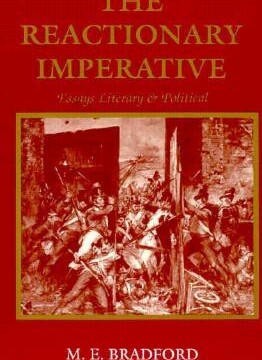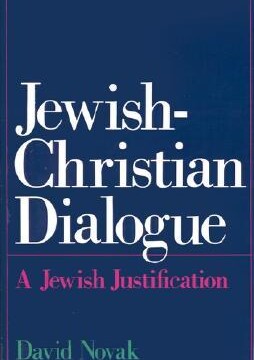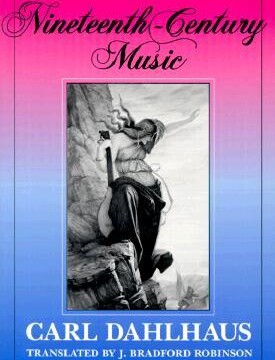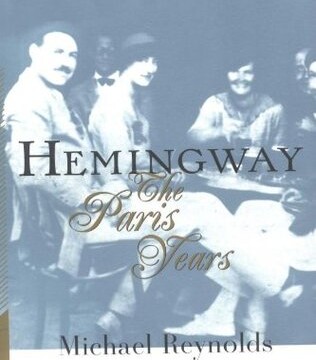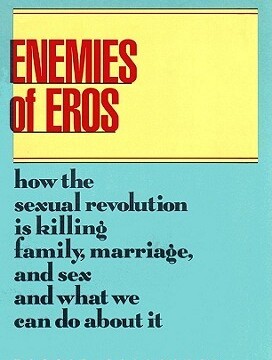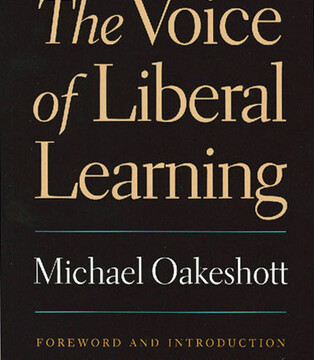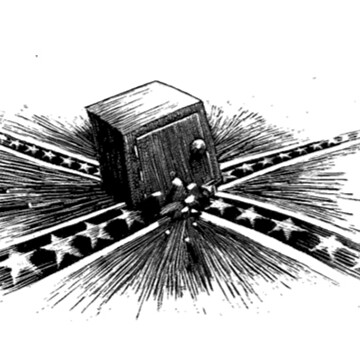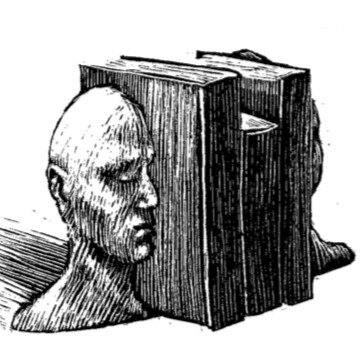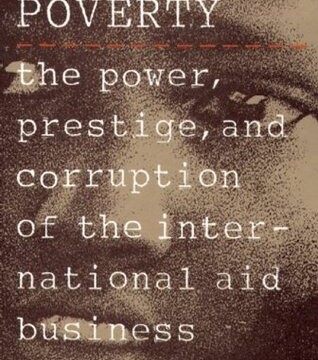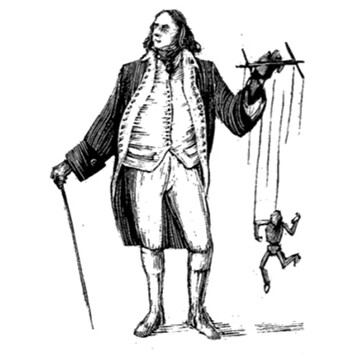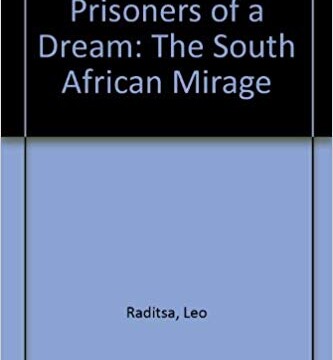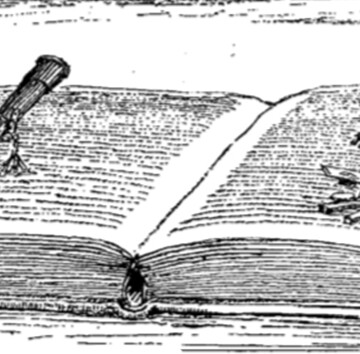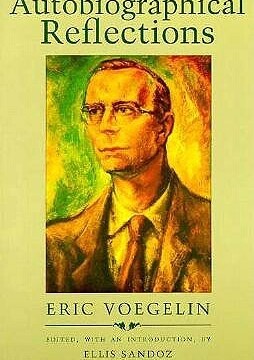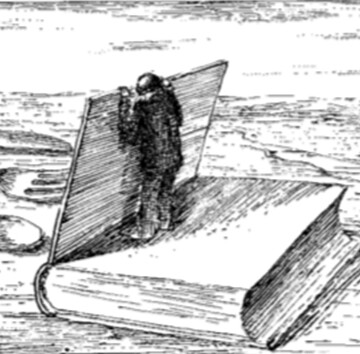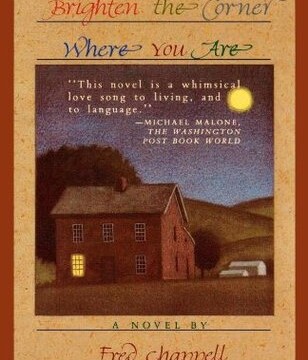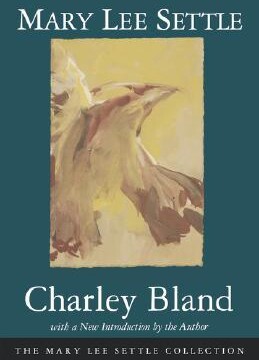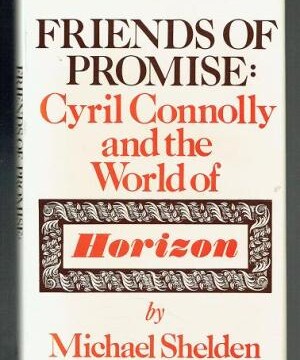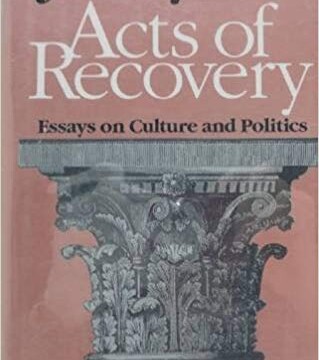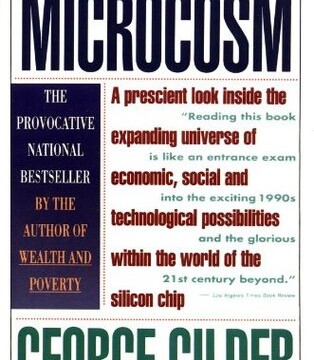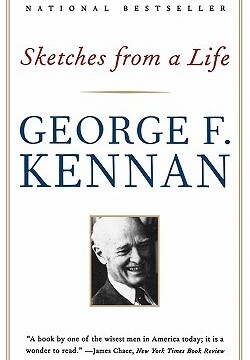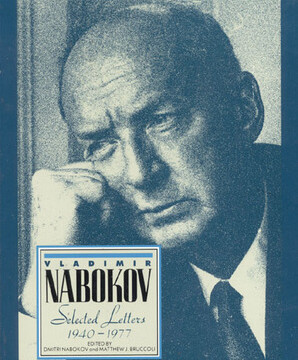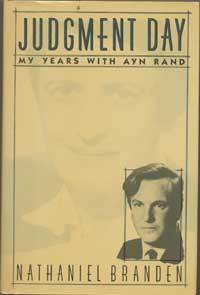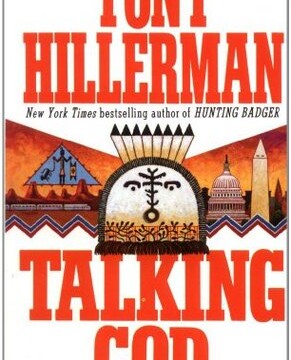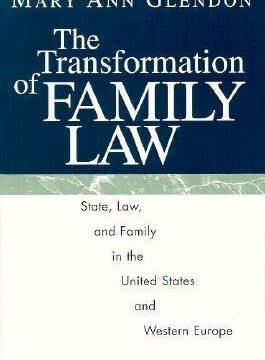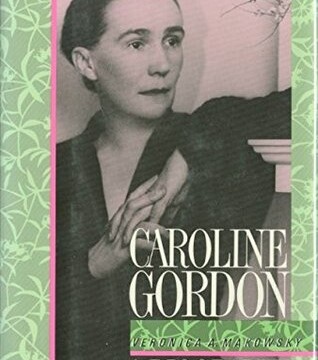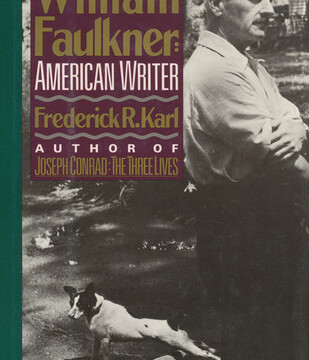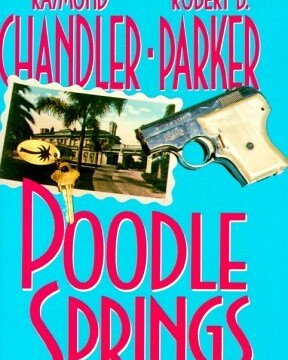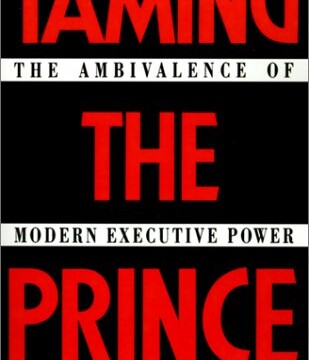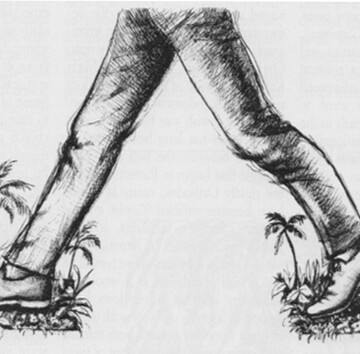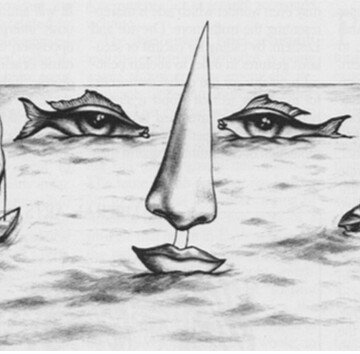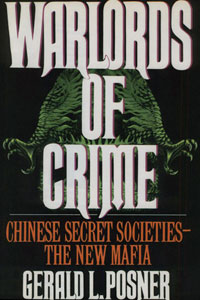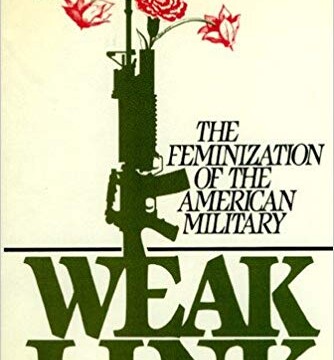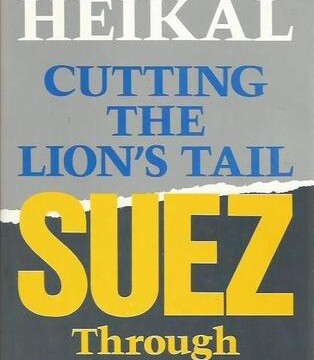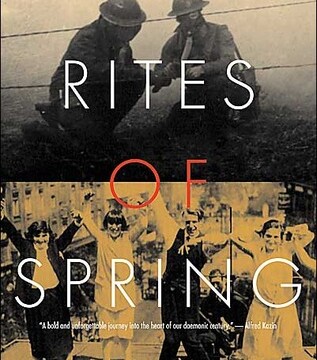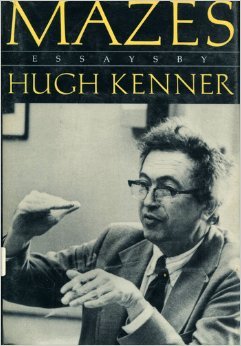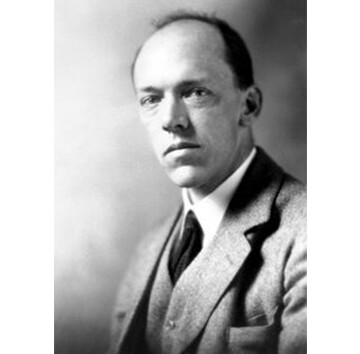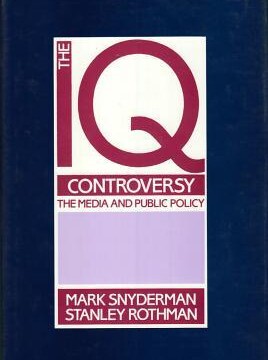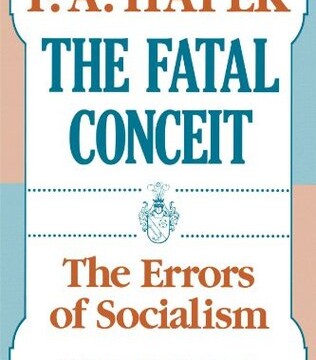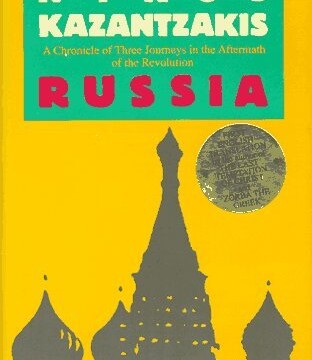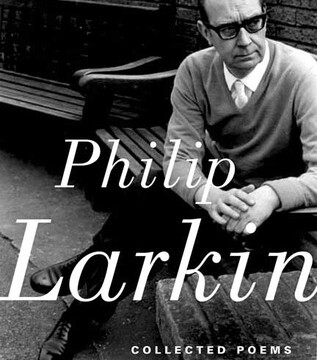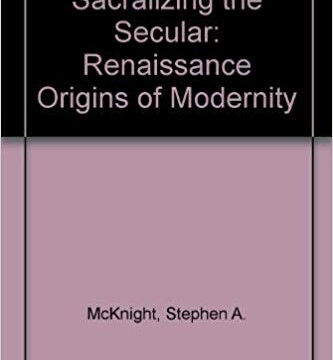There is no conflict, M.E. Bradford insists, “between preserving the language and securing a civil polity,” a credo which, embedded in “What We Can Know For Certain: Frank Owsley and the Recovery of Southern History,” provides the subtext for the work as a whole. Not only does a relationship between language and polity exist, it...
Category: Reviews
The Christian Question
David Novak, Professor of Modern Jewish Thought at the University of Virginia, sets out to argue the case for what is called Jewish-Christian “dialogue.” Unfortunately, the author never gives us anything but the most offhand idea of what he means by the term, but we can assume he means the activity carried out largely by...
Back to the Future
Since 19th-century music is usually the music that we know best, and often like the best, and since too this volume appears to be printed as a textbook, we may have more than one reason for wanting to read a new book that could change the definition of its topic and our way of looking...
The Way It Felt: Hemingway’s Apprentice Years
If strange things are happening in the academy, perhaps none is stranger than the debate concerning the American literary canon provoked in part by the current reassessment of Ernest Hemingway’s fiction. Recently, for instance, Professor Lawrence Buell of Oberlin College demanded a new non sexist literary criticism that will “foment reorderings in the pre-feminist canon...
The Feminine Mistake
Betty Friedan launched The Feminine Mystique on an unsuspecting world over a quarter of a century ago, and life, as it turns out, has never been the same since. To explain the soul-depleting misery and sense of purposelessness she claimed for modern, middle-class American house wives, Friedan concocted a theory of male conspiracy, a conspiracy...
An Education in Imagination
For a conservative, no engagement can be more important than edu cation. A conservative is one who distinguishes his outlook from others—socialist and liberal, for example—by his concern, not with the standpoint of here and now, but with the perspective of those who have come before us and those as yet unborn. Where liberalism and...
A Meditation on a Meditation
“The fathers have eaten a sour grape, and the children’s teeth are set on edge.” —Jeremiah Why has the South had such a flowering of letters in the interval between World War I and the Korean War? Flannery O’Connor responded to that question by quoting the answer Walker Percy gave when he received the National...
The Consolations of Philosophy
“An idea is a putting truth in checkmate.” —Ortega y Gasset Philosophy in the 20th century has shared the fate of other high arts whose audiences are increasingly limited to an inner circle of adepts. This is partly the fault of a culture that aims at mass production and mass communication, but a good part...
No Relief
In The Conscience of a Conservative, Barry Goldwater wrote: Foreign aid has been characterized by waste and extravagance both overseas and in the agencies that administer it . . . Our present Foreign Aid Program, in sum, is not only ill-administered, but ill conceived. It has not made the free world stronger, it has made...
The Virginian Roots of American Values
“There is Jackson standing like a stone wall. Rally behind the Virginians.” —Barnard Elliott Bee We were British colonists for a long time. From the first permanent English colony on the mainland of North America Jamestown, 1607) until the first guns of the American War of Independence (outside Boston, 1775) is 168 years. That is...
Not Simply Black and White
When the South African government was committed to perpetuating apartheid into the future, there were few in the West calling for economic sanctions. Only as South Africa has embarked upon reform—an end to the pass laws; an end to bans on black workers joining labor unions; integration of sports, hotels, restaurants—has such a campaign been...
Space Art
“The land of the heart is the land of the West.” Catholic readers of American literature have always recognized that the difference between Eastern and Western fiction is the difference between New Canaan, Connecticut, and Tuba City, Arizona. A. Carl Bredahl’s book is a comprehensive as well as original attempt at defining the nature, of...
Two Countries, Two Cultures
The publication of Eric Voegelin’s Autobiographical Reflections is a small but highly significant step in an enormous project that has been undertaken by the Louisiana State University Press, the publication of his collected works. The editors estimate that, in all, this project will run to 34 volumes, at least 15 of which will include heretofore...
Brave Theory Puffing
“As civilization advances, poetry almost necessarily declines.” —T.B. Macaulny “Few people,” we find Frank Kermode saying by page 42 of his 46-page Prologue,—”Few people can take much pleasure in modern academic literary criticism except its practitioners, who do not mind that an intelligent outsider would surely find it both arcane and depressing.” That means, the...
The World Is Plenty
The last time we heard Jess Kirkman tell stories about his father’s wondrous, humble life was in I Am One of You Forever (1985), a work of power and humor and charm. That book reminded me, however, that the word “novel” has hardly any meaning nowadays, for the work seemed a suite of stories united...
Good Lovers Are Dead Lovers
Charley Bland, as his father describes him, would have been a prodigal son except he never had the gumption to leave home. Still, he has the charm most lost souls have, and for the widowed, 35-year-old narrator of Mary Lee Settle’s eleventh novel, returned home to West Virginia from a Bohemian life in Europe, this...
Lost Horizon
The 50th anniversary of the outbreak of World War II has occasioned an outpouring of nostalgic literature in Great Britain. The elegiac note may be appropriate: the year 1939 was, after all, a great point of rupture. Out went big houses, servants, elegant restaurants, and high fashion; in came universal military service, rationing, government canteens...
The Critic and the Conservative Imagination
Because of the great range of his interests, it is very difficult to predict what Professor Jeffrey Hart will next produce. Hart writes out of a devotion to literature as “the principal vehicle for transmitting the ideas and feelings that constitute our shared public culture.” Following the examples of public-spirited critics running from Samuel Johnson...
Bork v. Bork
Two of the most vilified judges in US history have probably been Judge Robert H. Bork and Chief Justice Roger Taney. Both gained notoriety early in their appointments by demonstrating their willingness to fire opponents of a domineering President’s policy (Taney, when in the Jackson administration, fired directors of the Bank of the United States...
A Gildered Cage
“All mental revolutions are attended by catastrophe.” —W. Winwood Reade George Gilder’s strength as a writer is his ability to create vivid mythic archetypes saturated with his own romantic feelings. He is not comfortable with ideas unless they are strong, simple ideas that lend themselves to vivid evocation of feeling rather than complex rumination: the...
Hope Amid the Ruins
It may possibly be a virtue to maintain a diary, and probably it is no sin to publish one. In the first case, the virtue is enhanced, in the second the potential for sin mitigated, by the diarist having been a regular and faithful one; and in this respect anyway George Frost Kennan is as...
Epistles From the Master
What an inspiring book this is! Even though the trials of the literary life are notorious and banal, there are few of us who are sufficiently hardened to the blows that we don’t at least on occasion allow our guard to fall and make the mistake of taking the kicks and pricks personally. Old pro...
Loving the Bitch-Goddess
Paul Johnson’s book Intellectuals, published last year, chronicles the transgressions of modern avatars of wisdom (among them Rousseau, Marx, and Sartre) who, while professing a fervent devotion to humanity, behaved inhumanly toward those most meriting their compassion—spouses, lovers, family, friends, and associates. Although the targets of Johnson’s caustic pen all were idols of the left,...
Walk in Beauty, Walk in Fear
“Step into the shoes of him who lures the enemy to death.” —from the Navajo Enemy Way On a windswept bluff high above the reddish-brown San Juan River, four states—Arizona, New Mexico, Utah, and Colorado—converge. Visitors to the area come to play a game of twister at the Four Comers Monument, contorting themselves so that...
The Family Way
“When family pride ceases to act, individual selfishness comes into play.” —Tocqueville “Happy families are all alike; every unhappy family is unhappy in its own way.” I’ve always thought that Tolstoy underestimated the variety of happy families, but his dictum definitely holds true from at least one point of view, that of family law. While...
Neo-Alembics
In a spate of recent books, neoconservatives have rehearsed the drama of their radicalization and subsequent deradicalization. Typically the curtain rises on their active participation in, or engaged sympathy for, leftist movements of the 1960’s, and falls after they have regained their equilibrium and embraced liberal democracy. One thinks, for example, of former Ramparts editors...
Nothing Out of Something
Moving by fits and starts, this biography of the Southern novelist and wife of Allen Tate lacks focus and—ultimately—purpose. Veronica Makowsky’s is a dull account of an inherently interesting subject. This relatively small book is essentially a failure, rendering, as it does, a diminished, fragmented, and elusive portrait of Caroline Gordon. The book does include...
The Unsovereign Artist
A thousand-page book, like a thousand-foot ship, must not disappoint; unfortunately, Karl Frederick’s William Faulkner is the QE II of American literary biography. “This book attempts,” Professor Karl states in his foreword, “to integrate the latest in biographical information with Faulkner’s own large body of work in fiction and poetry.” He adds that, “It will...
Tugging the Leash
Marlowe’s back, and Parker’s got him. Well he should. Parker knows every one of Chandler’s quirks: he wrote part of his dissertation about Chandler twenty years ago. And then he started writing his Spenser books. (Where do you suppose he got the idea to name his private eye after a 16th-century English poet?) But Spenser...
In Search of the New American Man
The evident purpose of Taming the Prince is to provide a respectable philosophical pedigree for the usurpations and abuses of power by American Presidents since FDR. (Professor Mansfield dedicates the book to his father, “constant advocate of a strong presidency from Franklin Roosevelt to Ronald Reagan.”) Where conservatives such as Corwin, Kendall, Burnham, and Samuel...
Exorcisms
“Truth rests with God alone, and a little bit with me.” —Yiddish Proverb Moshe Leshem ends Balaam’s Curse with a warning against the growing political power of the Israeli Orthodox rabbinate. By yielding to Orthodox authorities on educational and cultural matters, he says, Israelis are sacrificing their democratic patrimony. For the sake of Israeli democracy...
Poetry You Can Read
“It seemed so simple when one was young and new ideas were mentioned not to grow red in the face and gobble.” —Logan Pearsall Smith In his introduction to the 1962 Penguin anthology Contemporary American Poetry, Donald Hall wrote, “For thirty years an orthodoxy ruled American poetry. It derived from the authority of T.S. Eliot...
One, Two, Many Colombias
Great Britain’s decision to transfer control of Hong Kong to Communist China by 1997 has spurred a flight from the colony. Despite reassurances from Beijing, money is flowing out of Hong Kong at an accelerating rate. Among those who are moving their assets are the Chinese crime syndicates—the Triads. While they are expanding their criminal...
Feminism Fatigued
The feminist century—ours—is markedly different from any period known . . . I was going to say “to man” but perhaps we don’t talk that way anymore. Events have transformed the relationship of the sexes from one in which men occupied most leadership roles to one in which women make laws, minister the sacraments, and...
The Suez Files
One reads this book almost with nostalgia. The 1950’s, and the dramatic events that occurred during that decade in the Middle East, are the subject of these historically important recollections by Mohamed Heikal, confidant of Gamal Abdel Nasser and distinguished editor of the Cairo newspaper Akhbar el-Yom. Heikal reminds us that during the 1950’s relations...
Pire qu’un Crime . . .
“Arts, Culture, Reverence, Honour, all things fade. Save Treason and the dagger of her trade . . . “ —Oscar Wilde, “Libertatis Sacra Fames” The Pollard treason case is so unusual that I want to start my review of this book with a review of the reviews. I do this because the first-hand story by...
Understand Me Completely
Ordinary people, we are told, ordinarily speak in cliches, bromides, and dotty banalities, and it is the task of the literary artist, of the playwright in particular, to give them expressive and convincing words. This is the practice of Aeschylus and Shakespeare, of Tennessee Williams and Tom Stoppard. The success of heightened language upon the...
Dionysus in the Trenches
In his masterly Ideas Have Consequences, Richard Weaver (who was fond of the long view) marked the decline of the West from the late 14th century with the development of William of Occam’s doctrine of nominalism. In the short view, though, it is obvious that the Great War was the watershed of modernity: what remained...
A Tour of the Labyrinth
Hugh Kenner, by day an unassuming professor of English literature at the Johns Hopkins University, is our foremost practitioner of the ancient cult of the maze, a celebrant of this endless labyrinth in which we live. Confronted with its mysteries, Mr. Kenner, the new Theseus, confidently draws on a lively knowledge of science, technology, music,...
A Local Globalist
“But they who shared with me my life’s adventure. Who tossed their ducats like dandelions into the sunlight, I know that somewhere they with songs are building, Golden Towers more beautiful than my own.” —”Golden Symphony” Here we have a series of books—two more are planned—that restore to view the literary career of John Gould...
The Twenty Years’ War
“Intelligence” may offer the clearest example we have of how ideology can corrupt social science. Although the topic has been politicized by both left and right, during the last generation the ideological pressures have come almost entirely from the left, and along these lines: that intelligence is essentially the product of experience—above all, the nature...
Learning to Behave
When I heard on the radio one morning in 1974 that Friedrich Hayek had won the Nobel Prize in economics, my first thought was, “Not our Friedrich Hayek?” A few hours later, upon meeting a libertarian acquaintance of some prominence, I asked, “Did you hear about Hayek?” The reply was: “No. Did he die?” I...
Zorba the Comrade
Love him or hate him, Nikos Kazantzakis is a force to be reckoned with. Best known in America for Zorba the Greek and—thanks to the Martin Scorcese movie—The Last Temptation of Christ, Kazantzakis wrote what many consider to be the greatest epic poem of the 20th century, The Odyssey: A Modern Sequel. His impact today,...
Beyond All This
” . . . the wish to be alone.” —”Wants” Philip Larkin, who died in 1985 at the age of 63, has been commonly regarded as the finest English poet of his time. His reputation is founded not merely on the opinion of professional critics but on his remarkable popularity with readers, including many who...
The Terrestrial God
It all depends on what we mean by “sacralizing” and “sacred,” and to a lesser extent by “secular.” The fact that Professor McKnight is a student of Eric Voegelin should not be left unmentioned in this regard, because for the recently deceased great scholar, “sacred” remained an elusive term. The word certainly referred to a...
The Ten Deadly Sins
This book, originally published in Czech in 1973, is based on an amusing literary conceit. Ronald Arbuthnott Knox, an English Catholic priest and important early 20th-century theologian, was also a distinctive figure in the development of the genre of detective fiction. A pretty fair writer of detective stories himself, he also (for instance) wrote a...
Kings of the Wild Frontier
Until 20 years ago, one could count on Hollywood to produce at least one film every few years dealing with early American history. John Ford gave us Drums Along the Mohawk in the 1940’s, and Disney gave us the Swamp Fox in the 1960’s. Such movies may have given the public only “popular” history (before...
The American Covenant
“It is extremely frustrating to write history today because so much effort must go toward correcting the countless distortions that have been inserted into accounts of our heritage by militant secularists who twist facts to suit their narrow anti-religious political agendas.” So writes Benjamin Hart near the end of Faith and Freedom: The Christian Roots...
How the Fourteenth Amendment Repealed the Constitution
“It is easier to make certain things legal than to make them legitimate.” —Chomfort The evisceration of the federal system by the Supreme Court during the last few decades—indeed, most of the modem malfeasance of that august body—has been accomplished largely through the instrumentality of the Fourteenth Amendment. This sorry tale, from the adoption of...
The Ties That Bind
“The state has no tool delicate enough to deracinate the rooted habits and tangled affections of the family.” —G.K. Chesterton Allan Carlson is a humane man, an effective polemicist, a dedicated familialist, and a scholar trained in macroeconomic theory with its panoply of techniques and its characteristic lingo—opportunity costs, utility curves, and the like. This...
